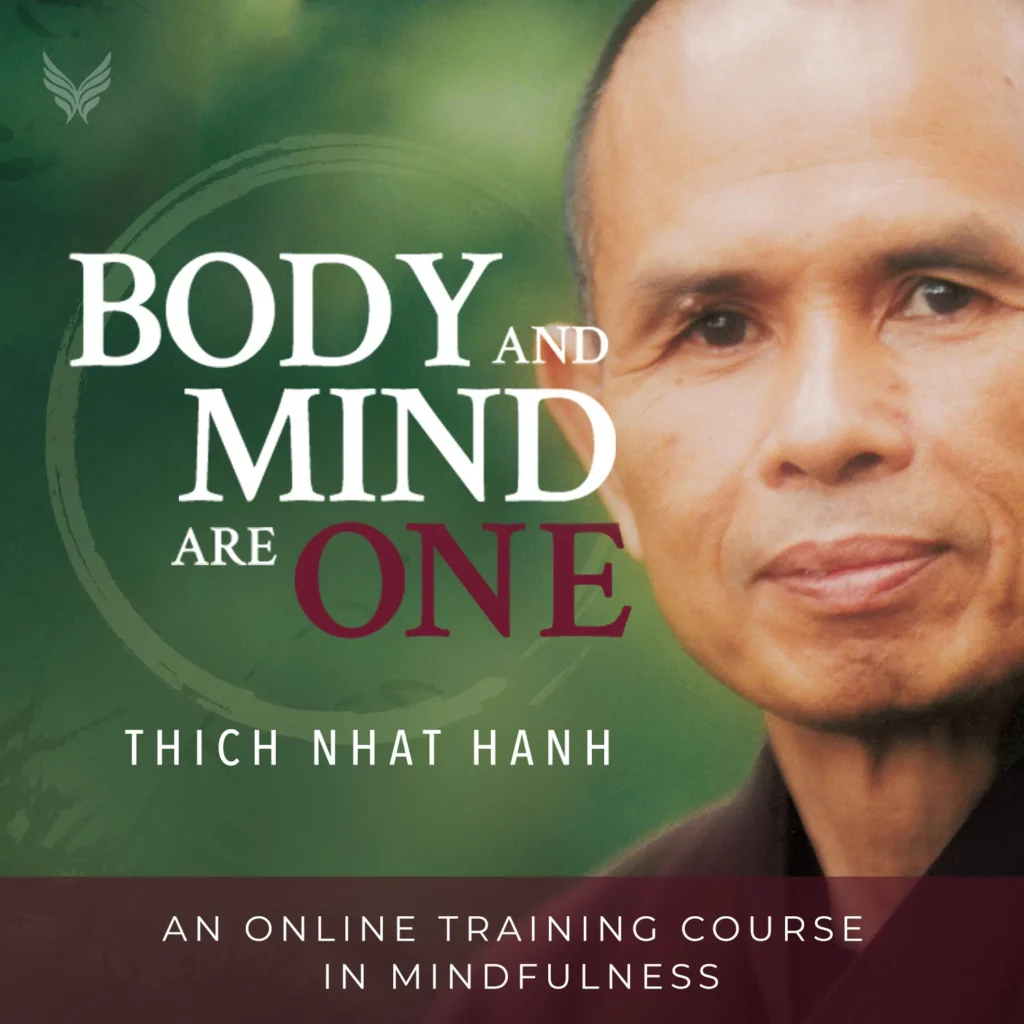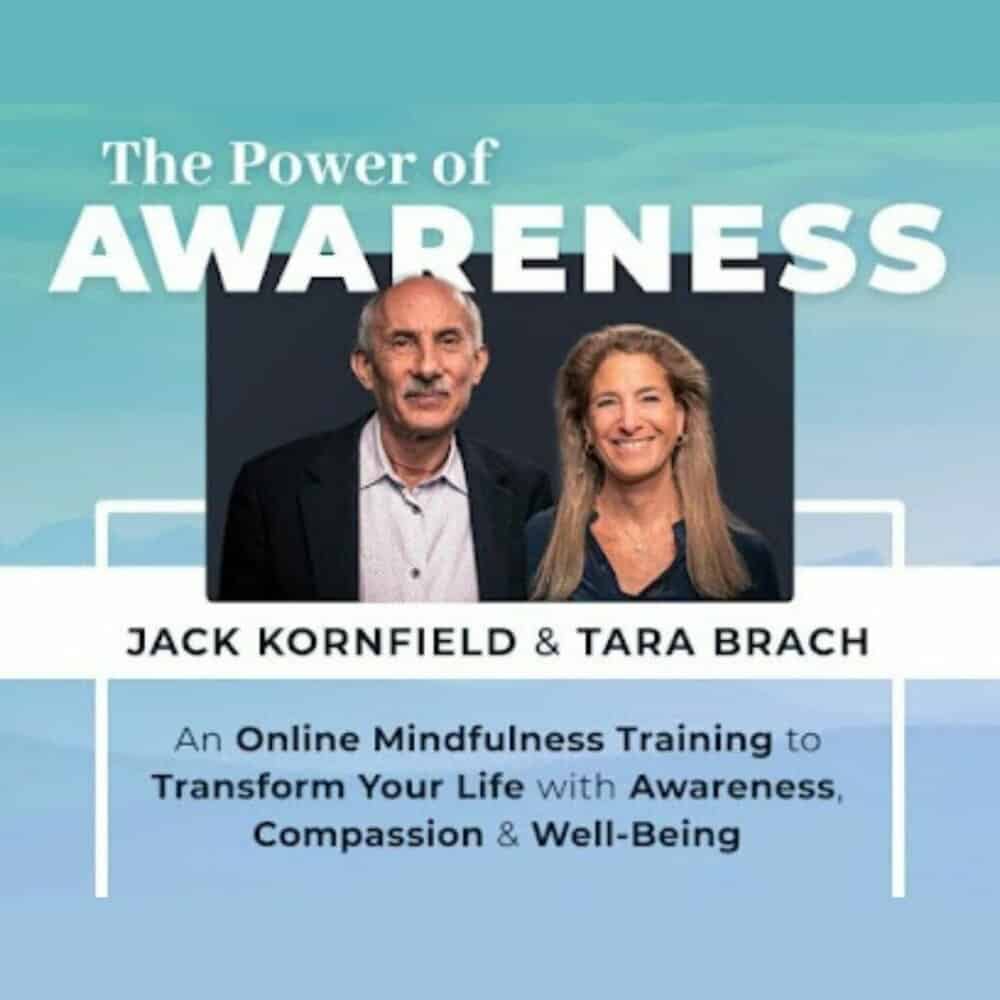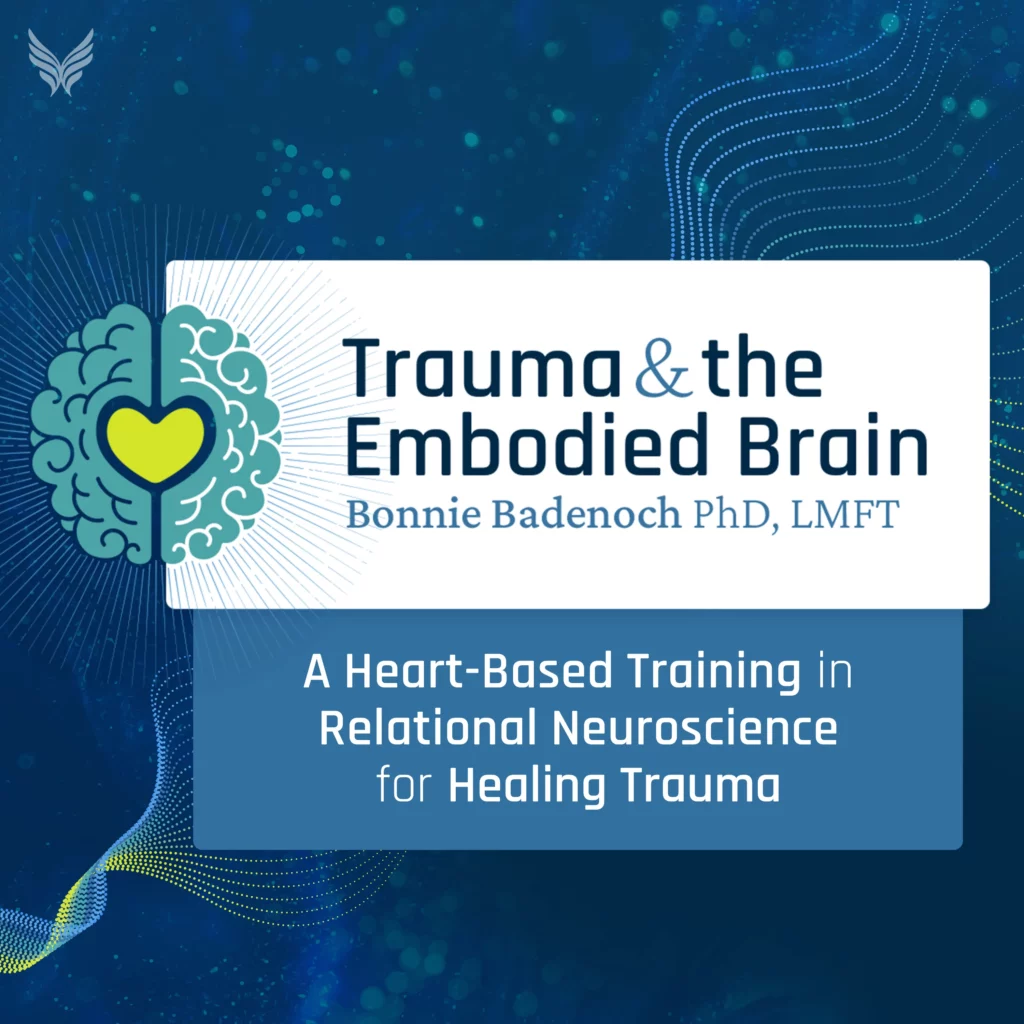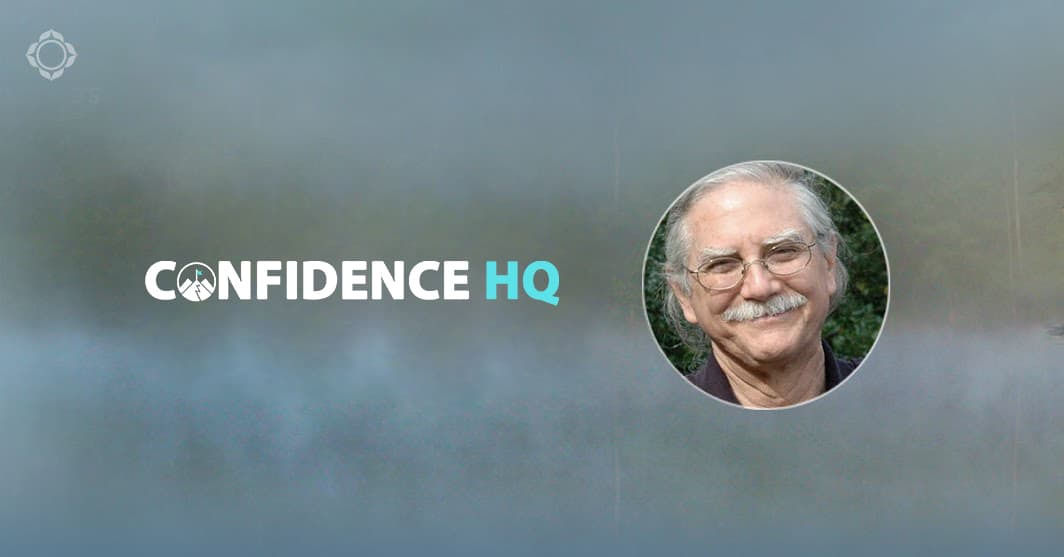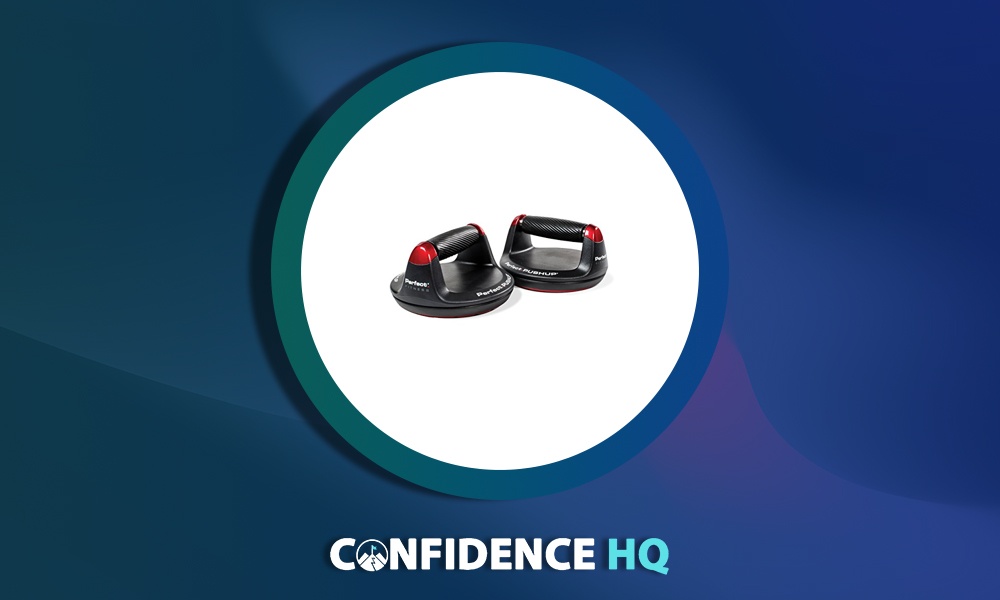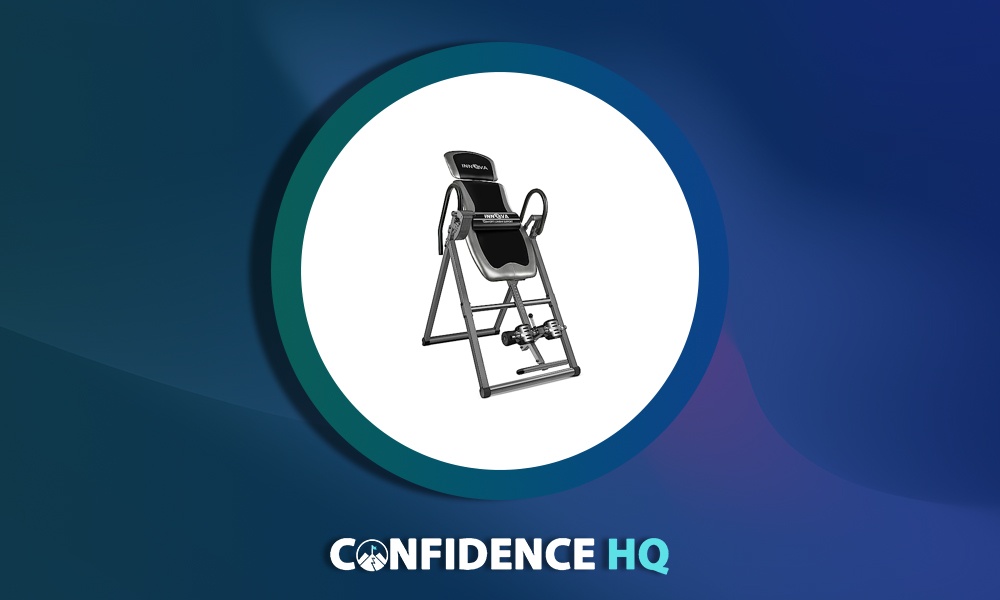In this post, I am going to give you the painstaking details on how I managed to reduce social anxiety and negative thoughts in a very short period of time.
As you might know, negative emotions such as shame and anxiety, and negative thoughts such as ‘’I’m not smart enough”, or “I’m not good-looking enough”, can have a significant impact on your life.
While the conventional tricks (such as exercising more, eating healthy and congratulating yourself on small achievements) can often provide some relief, it usually doesn’t tackle the problem at its root.
So what does? How did I manage to overcome the anxiety that had such a big impact on my life for such a long time?
Well… It’s called “The Television Technique”.
Practicing this technique almost guarantees that you’ll be able to liberate yourself from the negative thoughts and emotions that are the cause of your anxiety.
Keep reading to learn the details…
Table of Contents
The television technique’s effect on anxiety
A few years ago I decided to completely devote myself to the television technique in order to put an end to the needless suffering.
The technique instantly changed the way I viewed and interacted with the world that was unfolding around me. And let me tell you, it was more than necessary…
A few days after starting the television technique, I felt a lot more self-conscious and noticed a slight decrease in overall anxiety.
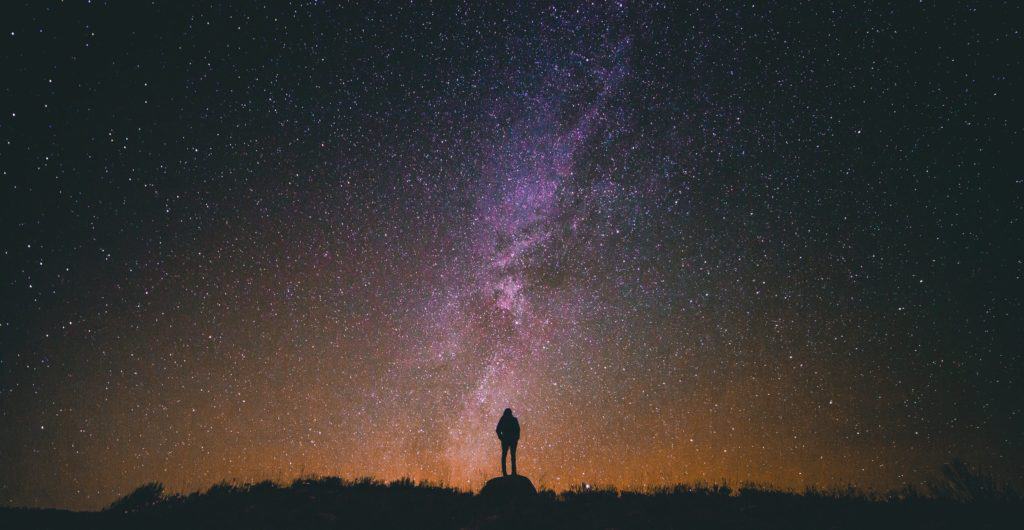
After about 2 weeks I noticed that my fear of interacting with strangers wasn’t nearly as intense as it once was and I was able to talk to people without me feeling like the most awkward creature on earth.
After 3 weeks, I often felt clarity and calmness in my mind. It was around this time that I could actually see other human beings as… well that… human beings.
Human beings with the same insecurities, flaws and problems. Not some robots that were getting ready to judge me every chance they got.
After practicing the television technique for 1 full month, I felt as if I had become a whole new person. A better one.
I no longer struggled with fast heartbeats, fast breaths, tense muscles, dizziness or a blank mind in social situations whenever I felt that a lot of attention was focused on me.
In addition I started feeling spontaneous moments of joy and a significant increase in confidence.

And you can do the exact same thing, in fact, literally everyone can.
The 3 steps to using “the television technique” to overcome your social anxiety
The television technique consists of the following steps:
Step 1: Start being ultra conscious (understand your mind)
Step 2: Start meditation
Step 3: Start relaxing and releasing all day every day
Here’s why this technique works so well (and what it has to do with a television).
TV creates moving pictures by repeatedly capturing still pictures and presenting these frames to your eyes so quickly that they seem to be moving. Sort of like an electronic flick-book.

So tell me, how obsessed are you with the frames you see on your TV after the exact moment you witness them? Do you care about where the pictures go after you have seen them?
If you are a sane person, the answer will probably be no…
When you’re watching Netflix, you just want to bingewatch your favourite TV show in peace.
Now let’s connect the dots.
Your mind can be seen as a television as well. And the things you are witnessing (both outside i.e. persons and events and inside i.e. thoughts and emotions) are the pictures it is showing.
The thing is, we are ULTRA obsessed with the pictures our mind is showing. Not just the ones that are coming in at this very moment, but also the ones that happened 10 years ago. And as a bonus our mind is showing several Netflix specials about things that haven’t even happened (and probably never will).
It’s like watching 248 TV shows at the same time. You tell me if you can still enjoy your show…
With the television technique, the goal is to turn off all other “TV shows” in your mind, so that you just focus on the one show that is unfolding right in front of you. The show called reality.
Step 1: start being ultra conscious
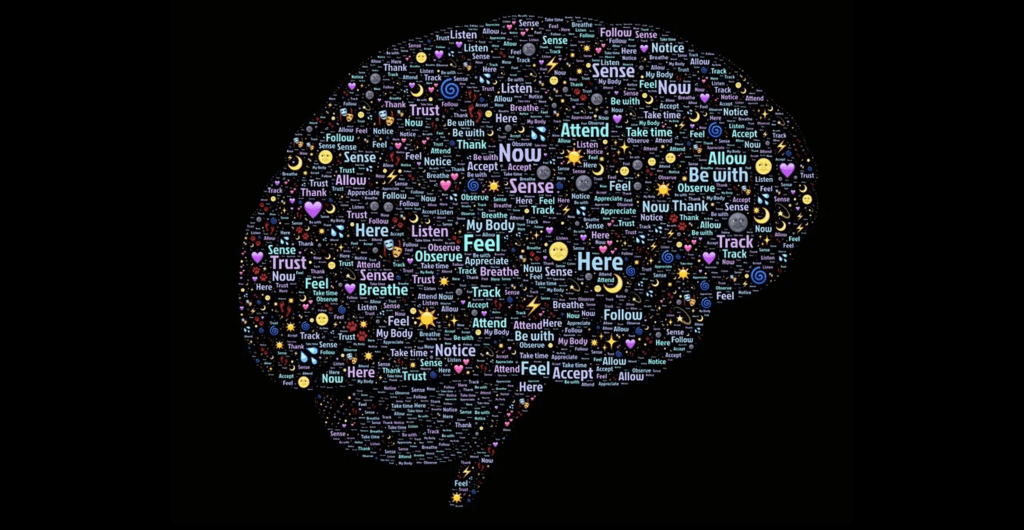
Okay, if you haven’t really immersed yourself in the world of spirituality, this might sound a bit wishy washy, but I promise you, it’s one of the most important thing you will ever learn.
So, what does it mean to be ultra conscious?
Well… it basically means that you are aware of yourself and the reality that is unfolding in front of you.
So, who are you?
I got to see some really confused faces back when I used to ask this question to my friends. “Who are you?”. It’s such an ambiguous question.
After adding “are you your body or are you your mind?”, they responded with something like “well I guess I am a combination of mind and body”.
This would probably be the same thing I would have said a few years back. However, this is a very common misconception. Although we witness our mind and body, we can’t be defined as such.
Michael Singer (author of the #1 New York Times bestseller the untethered soul) provides the perfect example for this in his course “living from a place of surrender”:
Let’s say you went to the hospital to get a routine check-up, but the hospital messed everything up and instead of performing the check-up, they end up removing all of your limbs (I know, gory, but bare with me).

After the surgery the doctors will ask you how you feel. Without looking at your body and knowing what happened, you would probably answer that you feel fine, right?
In other words, you would still be you. The only thing that is different is that the limbs (which you have witnessed all your life) are now gone.
Let’s take it even further. Imagine that the doctors used the most modern medical technology (or the technology they will use 10 years from now) to remove as much of your body as possible.
They will replace your heart with an artificial one and you would now be nothing more than a head. Without looking at your body and knowing what happened, would you still be you?
You don’t want to know the answer because the answer is yes. With the most modern technology they could go pretty far. Therefore you can’t be the body. You are only witnessing the body.
Some of you are probably thinking, okay, well then I am the brain/mind that’s inside the body.
Well, In his book “No Self, No Problem: Awakening to Our True Nature”, Anam Thubten goes to great lengths to show that this isn’t the case either.
One of the examples he uses to support this claim, is the knowledge gained by scientists who have studied lobotomy.
Lobotomy is a neurosurgical operation that involves severing connections in the brain’s prefrontal lobe.
In the 20th century, lobotomy became a legitimate alternative treatment for serious mental illness, such as schizophrenia and depression.
It was even used to treat chronic or severe pain and backaches (Even tough in some cases, there was no compelling reason for the surgery).
Anyways, scientists found that one of the side effects of the lobotomy surgery, was that the left and right brain halves could not communicate with each other as the connections were severed.
Seeing as our left eye receives sensory information from the right brain and the right eye receives sensory information from the left brain (yes really, each brain half is responsible for controlling the opposite side of the body), these lobotomy patients provided the perfect opportunity for scientists to study each half of the brain separately.
What they found was that the left brain performs tasks that have to do with logic, such as science, mathematics, and thinking in words (language). While on the other hand, the right brain performs tasks that have to do with imagination, intuition, and arts.

One of the methods that was used for this discovery, was communicating with each brain half separately by showing written commands to either the left or the right eye. Each eye would transfer the information to the opposite brain half, which would then process the instructions and carry it out.
One of the commands that was shown to a patient’s left eye (right brain) was “start laughing”. The patient would carry out the command and start laughing, after which the researcher would ask “why are you laughing?”.
Seeing as the left brain is in charge of logic and thinking in words (language) it would try to make sense of the situation. Of course, this wasn’t possible as the right brain wasn’t able to transfer the information to the left brain.
As a result, the left brain would start to come up with a completely fabricated story about how it’s just funny how the researchers were looking at the him.
Another example was when the researchers showed a written command to the left eye (right brain) saying “walk out of the room”. When the patient carried out the task and was later asked why he decided to leave the room, the left brain explained that he needed to stretch his legs.
In other words, our left brain which is in charge of thinking in words and logic, is constantly trying to make sense of everything that is happening and making conclusions based on the (limited) information that is available.
As you can see, It really doesn’t matter whether the conclusion is correct or not (it usually isn’t).
You can see now that our left brain is responsible for the thoughts that arise in our mind. These are the thoughts a.k.a “the voice in our head” that is constantly telling us what is happening.
This is also the little voice in our heads that is responsible for all the negative self-talk that is happening when we are feeling scared, jealous, anxious, ashamed, angry and so on.
“I am not smart enough for this job” “I am not pretty enough” “They are probably talking about me right now” “I will look stupid when I do that” “everyone hates me and thinks I am a failure” “I can’t do this, it’s just not for me” “If I do this, maybe they will like me” .
Yup, that’s all your left brain trying to make sense of the situation using language and logic based on very little information.
But wait a minute… If we are not making these thoughts arise in our minds, but it is actually our left brain automatically trying to make sense of a situation, that means we are not our minds.
The mind has to be seen as a tool. If I say to you now, think of a flying pig in a suit, your mind will automatically generate images in your mind to match the command.
This is the goal of your mind. To think when needed, not to automatically generate thoughts.
So who are you? Well… you are the consciousness that is experiencing everything.
Just as you are experiencing everything on the outside such as cars, buildings and yes, even your body, you are also witnessing everything inside your body such as thoughts and emotions.
Michael Singer uses the example of a flashlight. Our consciousness can be seen as the light that comes out of a flashlight.

When a flashlight shines on an object, let’s say a motorcycle, it doesn’t mean the light has become the motorcycle, it just illuminates it. The light is the subject and the motorcycle is the object.
The same goes for you. When you, “the consciousness”, observes something, you are just illuminating the object.
So if you observe your car, it doesn’t mean that you are your car. Because you are the subject and the car is the object.
If you observe your body, it doesn’t mean you are your body. Because you are the subject and the body is the object.
If you observe your thoughts and emotions, it doesn’t mean you are your thoughts and emotions. Because you are the subject and the thoughts and emotions are the objects.
So to be ultra conscious means to be aware that you are the consciousness (the subject) that is witnessing everything else such as people, events, thoughts and emotions (the objects) at all times.
If you really want to take a deep-dive in how to be ultra conscious I highly recommend the online video course created Micheal Singer. In 8 episodes he will open your eyes and wake you up forever. You can find my review of the course here.
Step 2: Start meditation

Meditation is a great tool to reduce overall anxiety. This is a fact backed by science.
It can also promote emotional health, lengthen your attention span, reduce age related memory loss, help with addictions, improve sleep, help control pain, and decrease blood pressure.
But the main reason to start meditating A.S.A.P. is because it helps you to be ultra conscious. It’s not until you start to meditate that you’ll truly see that you are not your mind.
When you close down the external world and shift your focus inwards, you’ll find that the mind will race all over the place.
The mind does its own thing without you having to do anything. This is usually the case when things go quiet. This is also the reason why some people can’t stand silence.
They put on the TV or radio so that the noise distracts them from their thoughts.
Take a look at prisoners for example. When prisoners misbehave they get thrown into solitary confinement.
You’ve probably seen at least 1 movie where a prisoner completely loses it after being locked up in solitary confinement for an extended period of time. This shows how destructive the mind can be if we let it.
People are constantly looking for things in their external environment to distract them from their minds. When there is nothing left to distract them, they get sucked into the (often negative) alternative reality created by the mind.
The goal of meditation is to train your mind to be in the present moment.
Something that is being overlooked by many people. The present moment sounds so ordinary, but seeing how little time we actually spend there, it’s anything but ordinary.
A research paper written by Steve Bradt from Harvard, concluded that our minds are lost in thought almost 47% of the time.
47 PERCENT. That’s almost half of our lives. This constant mind wandering is a direct cause of unhappiness.
But why does being in the mind cause us to be unhappy, you ask?
Well… you could say that it’s because of the brilliance of the human mind.
The brilliance of our minds allowed us to grow exponentially and completely dominate the earth as a species.

Our minds enabled us to: fly; walk on the moon; split the atom; and save countless of lives with modern medicine. In short, our minds enabled us to do things no other animal even came close to doing.
But… the downside of our minds, or rather the way in which most of us are using them, is also the cause of our suffering.
You see, the mind can be seen as a computer. Just like a computer, your mind has a hard drive in where it stores information (memory).
This is a very useful feature. However, for whatever reason, we generally tend to misuse this computer to torment ourselves.
Everyday we are going through our hard drive to look for things that can bother us.
The shame you felt after screwing up your presentation, the anger and insecurity you felt when those people were talking trash about you, the sadness you felt after the person you loved said they didn’t love you anymore.
Tell me… how often do you think about these past events? Pretty often right?
And how frequently do you think about events that haven’t even happened?
The anxiety you feel when thinking about talking to that person, the sadness you feel when thinking about losing the ones you love, the anger you feel when thinking about a made-up fight.
Yes, I don’t even know you, but I know what’s going on inside your mind. We use our minds’ memory and imagination to torture ourselves.
Tell me, how does this constant obsession with things that have already happened or things that haven’t even happened yet, help you?
Your mind will probably say that it will help you prepare for future events. But as I have explained already, your mind is constantly making conclusions based on very little information.
So who is to say it is even preparing you the right way?
The better option is to practice creating a distance between yourself and these negative thoughts and emotions
In order to do this, you have to meditate.
It’s a scientifically proven technique that allows our minds to be more healthy, to be more mindful, and to be less distracted.
Meditation isn’t about controlling the mind, but rather consciously looking at everything that is happening from within with a clear mind.
It’s about seeing your thoughts and emotions come and go without being distracted by them or getting sucked in.
What you will see the first few times, is that it’s actually very hard not to get distracted by your thoughts.
For example, you start to meditate and you notice a thought coming up about how you have to complete a huge amount of work in a short period of time.

You start to worry and feel anxious. “How am I going to finish this in time?” “I will look so stupid if I don’t reach the deadline” “everyone will think I am not capable” “ am I even good enough?”.
Before you know it you you’ll be 20 minutes deep in meditation without having done the actual meditation.
So what do you do?
Sit down twice a day, preferably once in the morning and once in the evening, and focus on your breath for 15 minutes straight. By focusing on you breath, you shift your focus away from you mind.
The focus on your breath helps you to be in the present moment instead of in the alternative reality created by your mind.
Keep counting to 20 during these 15 minutes. Counting helps you to stay in the present moment as it needs conscious effort.
When you are counting and you notice you have counted to 35, you’ll know you were lost in your thoughts.
Keep shifting your focus back on your breath after you inevitably get distracted by your mind. Don’t get upset by the distraction. The goal is to simply gain back control of your attention.
That’s all there is to it. Of course there are way deeper meditations, but for the purpose of this topic, this is all you’ll need.
Step 3: Relax and release all day every day

You can look at the previous step as practice for the real work. Meditation helps you to be more aware of yourself and to put a distance between you (the subject) and your thoughts and emotions (the object).
However, the real work is to maintain this distance throughout the day. Once you understand who you are and recognize that you are causing yourself a hard time by living in your mind, you can actually start to take back control.
Right now, you have given away all your power to your mind. Your mind is calling all the shots and it’s keeping you firmly in check.
When you find yourself in a position where you’re expected to speak up, your mind will start to think of all the ways it could go wrong and how stupid people will think you are.
When you make a small (or big) mistake, your mind will constantly remind you of the resulting shame and anxiety.
And the sad thing is, we keep listening to this garbage. When that neurotic voice in your mind says “I want to go I don’t like it here” you go. When that voice says “they don’t like me” you believe it. When that voice says “you’re not good enough” you actually feel like you’re not good enough.
Whatever it says, you listen.
But as I showed you in the first step, the mind is almost always wrong, because it is constantly trying to make sense of a situation based on the little information it has gathered.
The amount of information your mind can gather at any given time is very, very, very insignificant.
Just think of how big our planet is (much less the universe). When you are gathering information from the moment that is in front of you, there are billions of moments across the world that aren’t collected.
That is why people are so different from each other, because everyone collects information from different moments.
Recognizing this fact is half the battle. The other half is to stop living in your mind and let go.
What do I mean by letting go? It means that whenever you start to feel the feeling of anxiety, shame or anger come up, you relax your whole body and lean away from your mind.
You will notice that your mind will start to talk a lot of trash and make things personal. But if you keep relaxing and remembering that you are not your mind, but actually the one who is witnessing the mind, the negativity will fade.
Let me give you a small example. Let’s say you are talking to a group of people in a formal setting and you just completely fumbled up a few sentences which makes things really awkward.

Normally you will start to feel shame come up accompanied by the voice in your head saying ‘WTF did you just say’ ‘they think you are stupid now’, ‘they definitely think you don’t belong here’.
Instead of going along with your mind and cringing about what just happened, just relax your whole body and lean away from the noise.
Remember that you are not your mind, you are just watching it. Since you are just the one watching it, you don’t have to take it so personal. It’s like watching a bad movie.
While this might sound simple, you won’t be able to do it right away. You have become addicted to what your mind says, and you will get dragged back in to your mind.
But that’s okay! As long as you keep relaxing and creating a distance, you will get there.
Over time you will notice that you will start to form a habit of looking at your thoughts as an interpretation of reality, instead of reality itself.
In addition you will notice that your mind becomes significantly more positive as things are less personal due to the distance you have created between you and your mind.
Due to this distance, you will interact with life in an entirely different way. Instead of getting all worked up about everything, and trying to get everything exactly the way your mind thinks it has to be for you to feel okay, you’ll start to appreciate the moments that are in front of you, just they way they are.
Now you try it
I hope that you see the potential of the television technique for your life and well-being.
No, it won’t be easy at the beginning. It actually takes quite a bit of work.
But with this strategy you already know ahead of time that your hard work is going to pay off!
If you want to learn more about the core concepts of the television technique and other awesome stuff, I highly recommend to take the online course created by Michael Singer called “living from a place of surrender“.
In 8 sessions Michael takes you by the hand as he walks you through everything you need to know to get rid of anxiety and negative thoughts and increase your level of confidence and happiness in the process.



